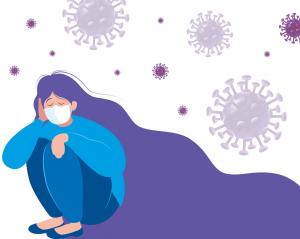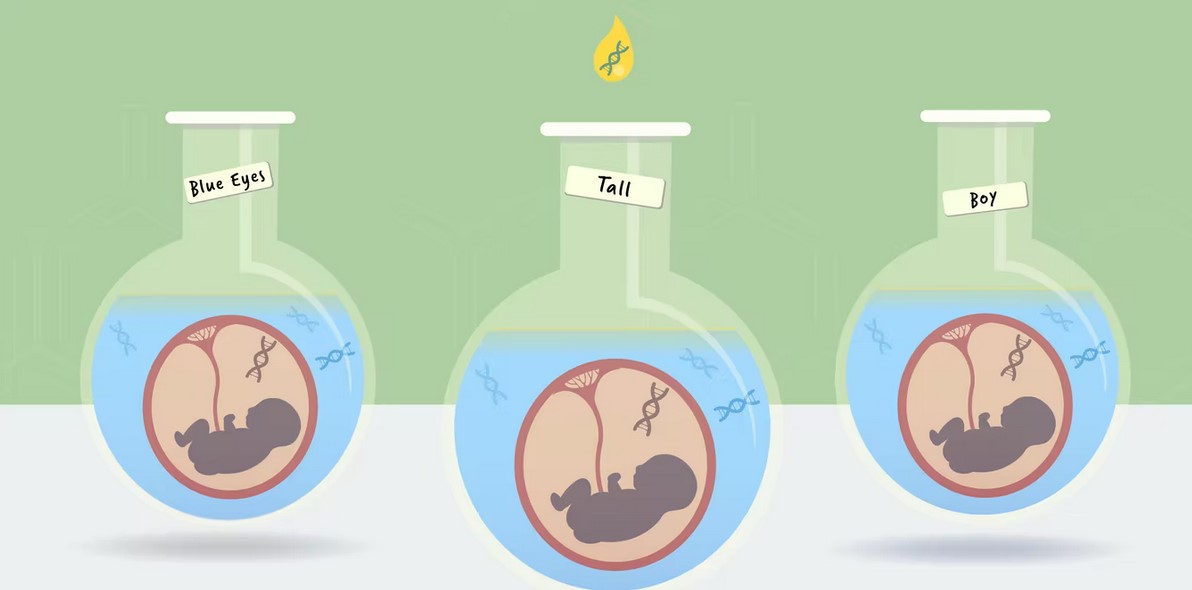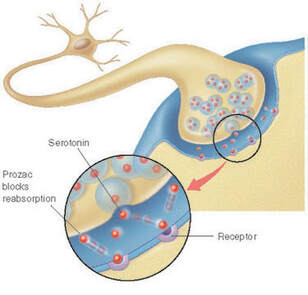|
Our blog has officially moved to the following website: https://www.brown-tth.com/
If you have any questions, feel free to reach out to us at browntriplehelix@gmail.com
0 Comments
Written by: Stephanie Moy Edited by: Angelina Cho ‘24 December 31, 2021 is the second anniversary of the discovery of the SARS-CoV-2 virus and the resulting COVID-19 disease that has swept the world with tragic loss and called to action the need for improvement in global public health policies. Vaccinated individuals have a lower risk of contracting the virus, which in turn protects families, communities, and immunocompromised individuals [1]. Even with the development of vaccines, more than 360 million people have contracted COVID-19, and while many have fully recovered, others experienced or continue to experience residual symptoms post-infection in a phenomenon known as Post-COVID Syndrome, or long COVID [2]. These COVID long-haulers, as they are sometimes called, experience new or ongoing symptoms such as shortness of breath, fatigue, brain fog, heart palpitations, fever, lightheadedness, and changes in smell or taste, among others [3]. Long COVID has now been characterized as a disability under the Americans with Disabilities Act (ADA) [3].
Written by: Yuliya Velhan '25 Edited by: Elana Balch '22 Antibiotics continue to be the most common drug class doctors prescribe. Not only do they kill infectious diseases, but they also allow for procedures that would otherwise pose a tremendous risk for infection such as surgery, cancer treatments, and organ transplants. Antibiotics, however, were not “invented” by humans [1].
Attempts to Relieve the COVID-19 Pandemic Silently Further Another One
Written by: Sean Park '25 Edited by: Elizabeth Ding '24 Written by Rhea Rasquinha
Edited by Jacqueline Cho AlphaFold solved over 2x more protein structures than previous models, establishing a new database for understanding unknown proteins and their functions. Written by: Josephine Chen '24
Edited by: Jason Johnston '23 The first designer babies—twin girls with genetically modified genomes—were born on November 25, 2018. Researcher Dr. He Jiankui and his team used CRISPR-Cas9, or Clustered Regularly Interspaced Short Palindromic Repeats, in an attempt to produce babies who are less susceptible to diseases. He Jiankui was imprisoned for his illegal and unethical medical practice. Written by: Jon Zhang ‘24 Edited by: Owen Wogmon ‘23 Imagine if your hometown were the site of a majestic ancient civilization. As a proud native of St. Louis, Missouri, I never needed to.
Cahokia Mounds, situated just across the Mississippi River from St. Louis, was the largest pre-Columbian settlement north of Mexico, home of the Aztecs. The settlement lasted from roughly 800 to 1400 CE, and, at its peak from 1050 to 1150 CE, its population ranged up to 20,000 inhabitants, surpassing that of Paris at the time [1,2]. Originally consisting of around 120 earthen mounds spread over 1,600 hectares, the settlement represented both the center of Mississippian culture and an engineering marvel. To this day, at its heart lies Monks Mound, the largest prehistoric earthwork in all of North America, standing 30 meters tall. Considering such marvels, it’s no wonder that Cahokia has been designated a UNESCO World Heritage Site [3]. Written by: Anusha Srinivasan '24 Edited by: Elizabeth Zhang '23 Most people are familiar with the negative connotation associated with drinking significant amounts of coffee, tea, and other caffeinated beverages. Although there are certainly risks which arise from overindulging in these beverages, recent studies show that these habits are actually correlated with decreased rates of stroke and dementia.
Written by: Raima A. Islam '25 Edited by: Chris Shin '24 Biopharmaceutical company Merck recently developed a pill that would combat COVID-19 cases, which could reportedly cut deaths and hospitalizations in half. The U.S. based company has created a drug called “molnupiravir,” and has begun running trials to see how it treats COVID-19. Molnupiravir was developed at Emory University in 2018, initially intended to treat the flu virus. However, since then it has been found to prevent the replication of other RNA viruses besides influenza, including COVID-19. Molnupiravir prevents the progression of COVID-19 by imitating other RNAs, infiltrating COVID-19 RNA and mutating it. This action results in the destruction of viral components, therefore inhibiting the virus from surviving and proliferating.
Written by: Alexander Pralea '24 Edited by: Jason Johnston '23 Psychiatric drug treatment for depression has been stagnating–until recently. For the past 70 years, the discussion about depression has been dominated by the monoamine hypothesis—that depression is associated with deficiencies of various neurotransmitters like serotonin, dopamine, and epinephrine—and therefore interventions should aim to selectively boost levels of these substances within the brain [1].
|





